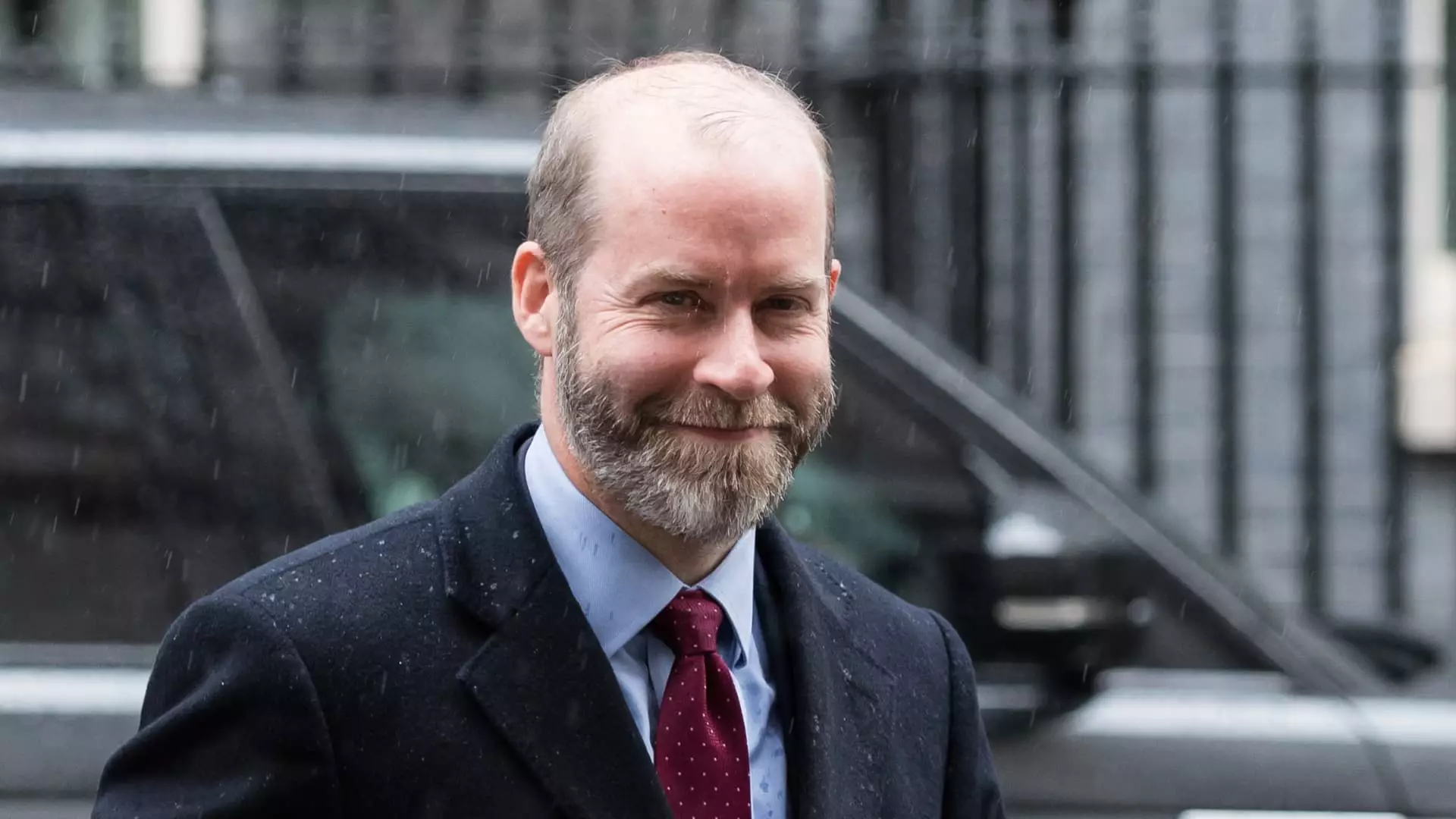The United Kingdom is currently navigating the complex landscape of international trade negotiations in a post-Brexit world. With a change in government leading to renewed priorities, securing trade deals with India and the Gulf Cooperation Council (GCC) has come to the forefront of the Labour administration’s agenda. Business Minister Jonathan Reynolds emphasized this commitment during the recent International Investment Summit hosted at London’s Guildhall. Describing these deals as “the priority,” these negotiations signal not only an effort to solidify economic relationships but also depict the U.K.’s drive to re-establish its global trade standing.
Reynolds has portrayed the U.K.’s engagement with the GCC as a critical component of this strategy. The GCC is home to several economically significant nations, including Saudi Arabia and the United Arab Emirates. These countries hold vast resources and markets that the U.K. is eager to tap into. The Business and Trade Minister’s remarks underscore a commitment to this endeavor, observing that talks might resume imminently. However, it is crucial to analyze the efficiency and effectiveness of these negotiations, especially given the history of delayed discussions and unmet deadlines since Brexit.
The U.K. government had heralded free trade deals as a primary benefit of Brexit, with promises made by former Prime Minister Boris Johnson that agreements—specifically with India—would materialize by significant dates such as Diwali 2022. Regrettably, these aspirations have largely not been realized, with effective trade agreements remaining sparse. To date, the U.K. has successfully negotiated only a few agreements with countries such as Australia, New Zealand, and Singapore. The slow progress with India speaks to the challenges posed by negotiating complex, multifaceted trade agreements while simultaneously seeking to redefine the U.K.’s international relationships.
The criticism surrounds the failure of a comprehensive strategy in the face of these ongoing negotiations. Although Reynolds has committed to building on the work of his predecessors, the additional layer of expectation placed on his administration signals that simply continuing what was started is insufficient. The need for a strategic roadmap that not only outlines timelines but also sets clear expectations for outcomes is fundamental to regaining credibility in these discussions.
While trade agreements can tighten economic ties, Reynolds has emphasized that the U.K. must also consider the political landscape of the countries with whom it seeks to negotiate. He highlighted the importance of commercial engagement as a diplomatic endeavor, arguing that relationships with nations, regardless of their political systems, can contribute positively to international cooperation. This viewpoint is essential in a global context where interconnectedness often translates to mutual benefits for commerce and political dialogue.
However, the assertion that trade and foreign policy are inherently linked raises questions regarding ethical considerations in international trade. Engaging with countries that have undemocratic regimes demands a nuanced approach. The U.K. must navigate these waters carefully to maintain its own values while still pursuing robust trade relationships. This balancing act involves not just economic mathematics but also principled stances.
As the U.K. prepares for the upcoming rounds of negotiations with both the GCC and India, clarity about the structure and timeframe of these deals remains elusive. While no definitive timelines were provided by Reynolds, he termed the deals vital for the U.K.’s future. The continuation of dialogue is encouraging, but without tangible progress or a clear operational strategy, skepticism surrounding the outcomes is likely to persist among stakeholders.
The road ahead requires more than mere aspirations; it calls for a clear and attainable plan to revitalize the U.K.’s position in the global marketplace. In this evolving scenario, the government’s capacity to deliver on promises made during the Brexit campaign will significantly influence its legitimacy both at home and abroad. Ultimately, the success of these discussions will depend on how well the U.K. can reconcile its ambitious trade goals with the realities of international diplomacy and economic pragmatism.



Leave a Reply